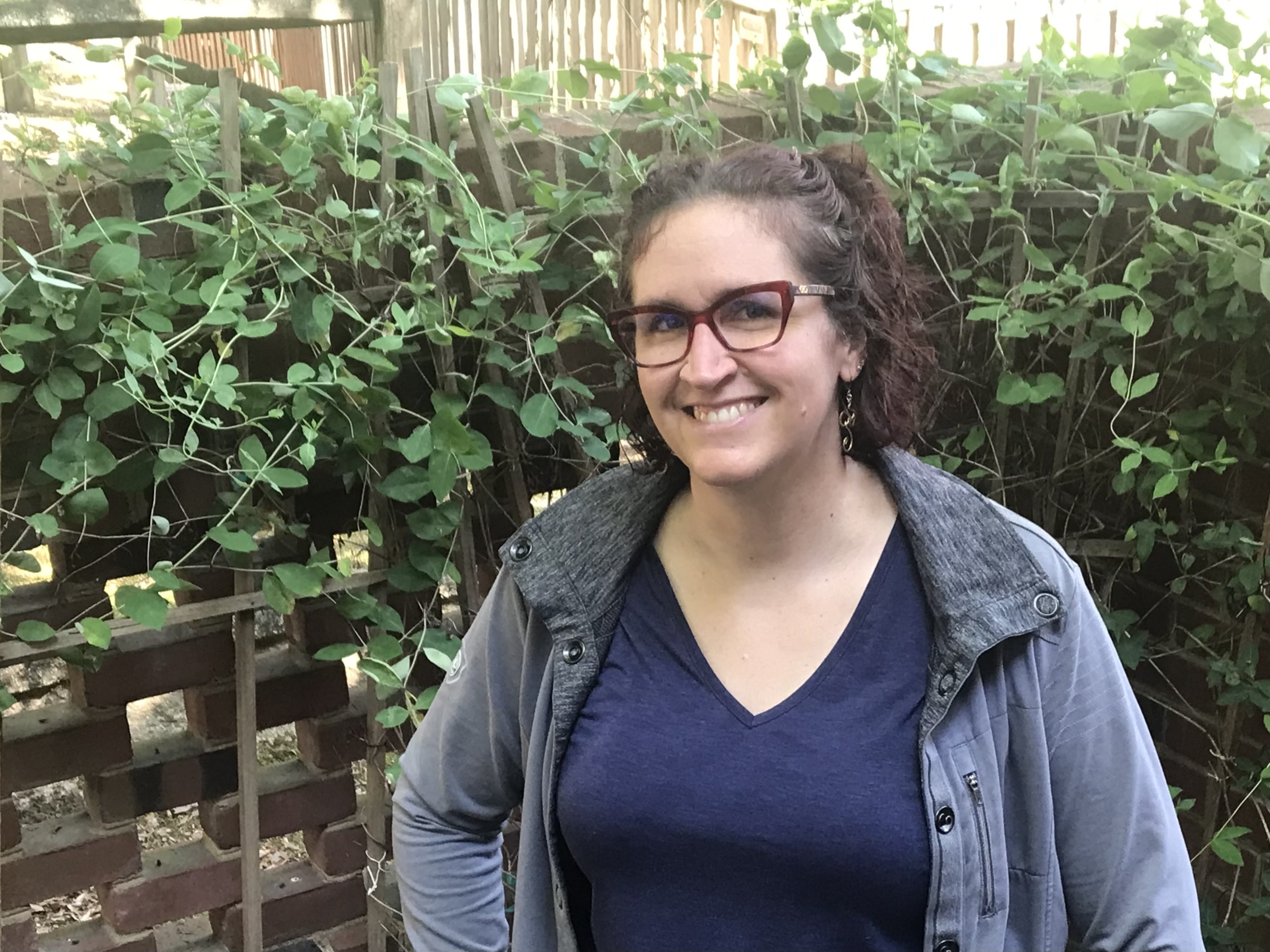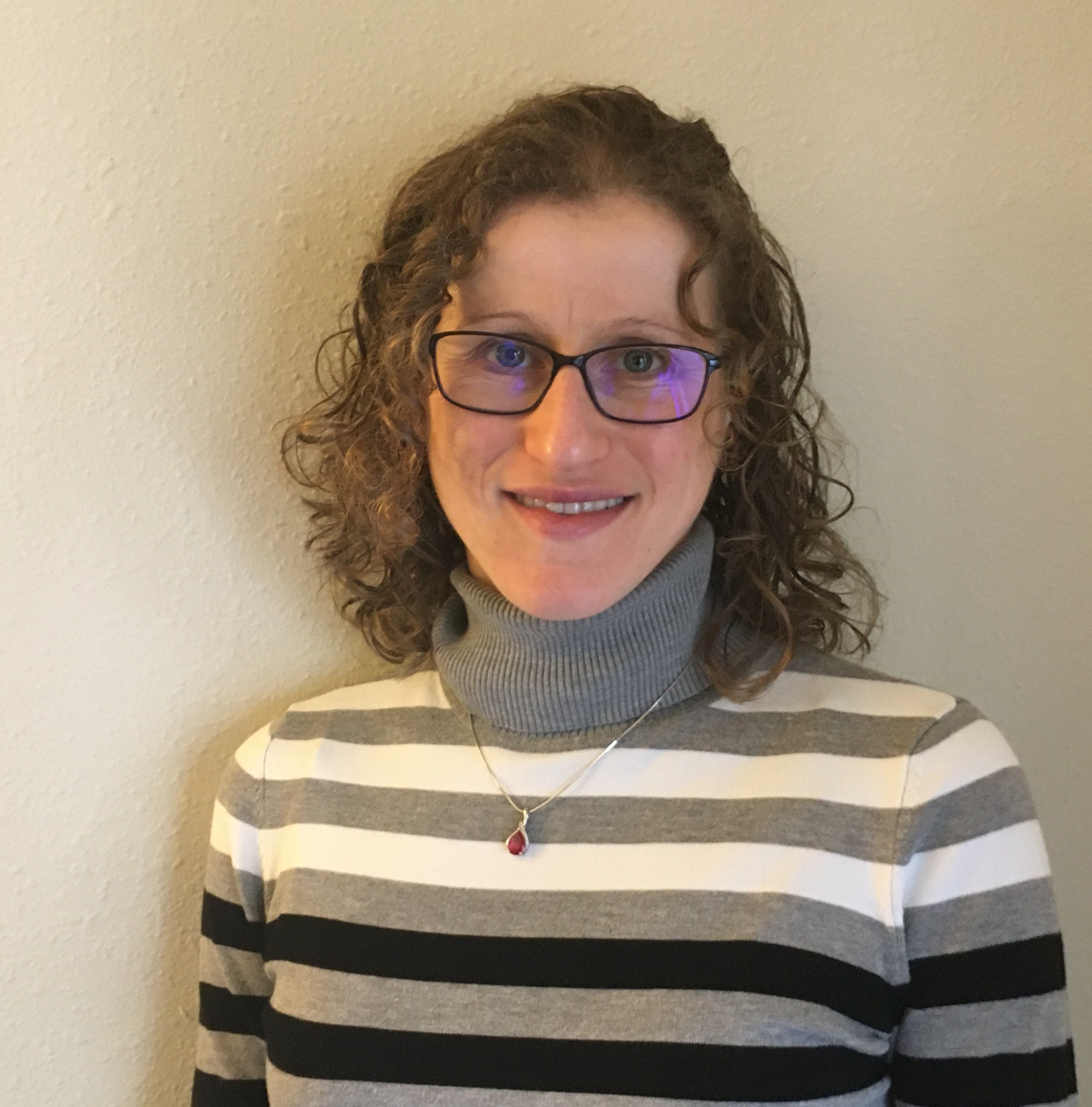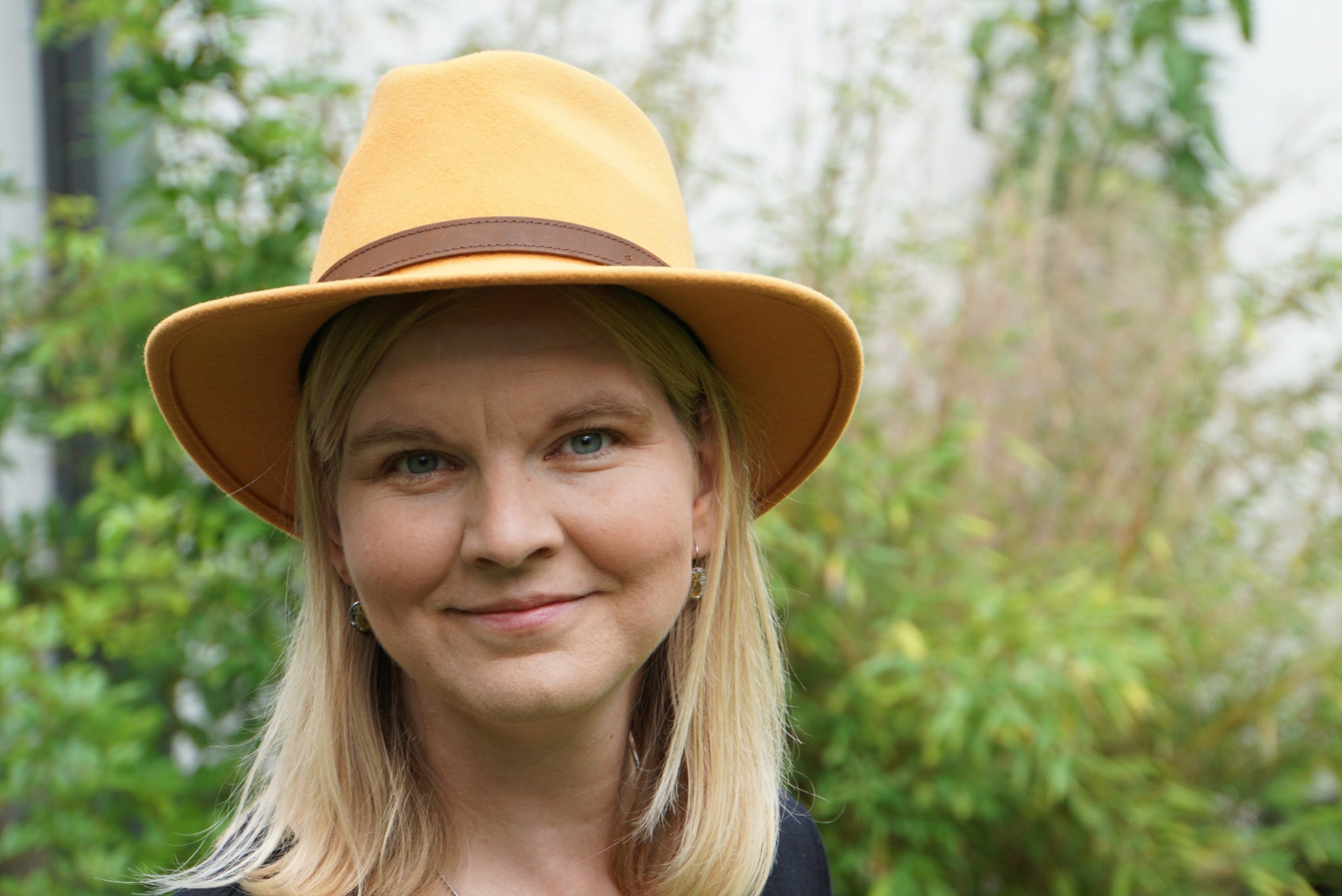by Jamie Haddock & Anna Little
Introduction to the Association for Women in Mathematics (AWM)
The Association for Women in Mathematics (AWM) is a nonprofit professional society, founded in 1971, whose mission is to create a community in which women and girls can thrive in their mathematical endeavors and to promote equitable opportunity and gender-inclusivity across the mathematical sciences. The AWM has around 4500 members. Over 3000 of its members are students, many of whom belong to one of the over 130 AWM Student Chapters at their home institutions. AWM workshops at U.S. national meetings such as the Annual meeting of the Society for Industrial and Applied Mathematics (SIAM) and the Joint Mathematics Meetings are organized by one or more of the 26 active AWM Research Networks (AWM-RNs). AWM-RNs are intentional communities of researchers working in a common subdiscipline of the mathematical sciences in which senior mathematicians lead projects and mentor graduate student and early-career mathematicians. The program’s goal is to foster long-term collaborations and knowledge sharing, with each cohort of mathematicians helping to anchor the next in a successful mathematical career.
AWM at the Society for Industrial and Applied Mathematics / Canadian Applied and Industrial Mathematics Annual Meeting in 2025
The Society for Industrial and Applied Mathematics (SIAM) Annual Meeting was held in conjunction with the Canadian Applied and Industrial Mathematics (CAIMS) Society in Montréal, Québec, Canada from July 28–August 1, 2025. As part of this conference, AWM hosted a series of events during the two-day AWM Workshop held July 28–29.
The 2025 AWM Workshop was organised by the Women in the Science of Data and Mathematics (WiSDM) Research Network. Researchers in this network are broadly interested in problems motivated by working with real world data. Topics of particular interest recently have included variational and deep learning models for image processing and computer vision, randomized iterative methods for tensor decomposition and regression problems, applications of optimal transport within biological data, and robust manifold estimation. The WiSDM Research Network has held four research collaboration workshops biannually since 2017.
Co-organizers of this year’s AWM Workshop at SIAM/CAIMS: Jamie Haddock and Anna Little
The authors, Jamie Haddock and Anna Little, were invited to co-organize this year’s AWM Workshop after their participation in the 2023 WiSDM workshop at the Institute for Pure and Applied Mathematics (IPAM), and were excited to contribute to this important annual community-building activity.

Jamie is the Iris & Howard Critchell Assistant Professor of Mathematics at Harvey Mudd College. Her research focuses on data science, optimization, and machine learning, with particular interest in randomized iterative methods. She is a three-time WiSDM workshop participant – she participated in 2019, was a project co-lead in 2023, and a project lead in 2025. Additionally, she has been an active member of AWM since graduate school, organizing mentoring and research activities for early-career mathematicians, and is an active member of SIAM, including acting as secretary for the SIAM Activity Group on Data Science and sitting on the Organizing Committee for the SIAM Conference on the Mathematics of Data Science in 2024.

Anna is an Assistant Professor of Mathematics at the University of Utah and her research interests include geometric and graph-based methods for high-dimensional data analysis and signal processing with group invariant features. She was a participant in both the 2017 and 2019 WiSDM events; the mentorship she received was extremely valuable in helping her establish a strong research trajectory, motivating her to serve as a research group leader at both the 2023 and 2025 WiSDM events. Together, Jamie and Anna sought to bring the collaborative and inclusive spirit of the WiSDM Research Network to the SIAM Annual Meeting.
Activities at the AWM Workshop at SIAM/CAIMS 2025
The AWM Workshop provided an opportunity for community building among participants across career stages and all research areas in applied and computational mathematics, and was comprised of several exciting events: a two-part minisymposium featuring several speakers from the 2023 WiSDM Research Workshop at IPAM, a mentoring luncheon where each student or postdoc participant met with their paired mentor, the AWM–SIAM Sonia Kovalevsky Lecture, a panel discussion with four mathematicians at a variety of career stages, and a minisymposterium in which graduate students and postdoctoral fellows presented their research and received feedback from mentor-judges. Below, we dive more deeply into the career panel and minisymposterium to give readers a chance to experience what it was like to be at the workshop for themselves!
The career panel at the AWM Workshop was wide-ranging and candid, offering both practical strategies and personal reflections from mathematicians at different career stages. Panelists shared how they approach choosing research directions in data science, emphasizing the importance of reading survey articles broadly, engaging in interdisciplinary conversations, and being willing to pivot when a project stalls. They spoke openly about mentorship and sponsorship, noting that while careers can be built without strong mentors, cultivating a network of advisors and advocates can be transformative, especially in male-dominated spaces. On the ongoing challenge of balancing research, teaching, and service, panelists encouraged participants to practice saying “no” to requests that don’t align with their goals, to prioritize external professional activities that build networks, and to protect their time. They also addressed the stresses of uncertainty in today’s academic job market, urging students and postdocs to focus on what they can control, to build supportive networks, and to remain open to unexpected opportunities. Themes of burnout and imposter syndrome resonated strongly with the audience; panelists reminded participants to seek joy in their work, to accept that careers progress in nonlinear seasons, and to value the unique perspectives they bring to the field. The conversation concluded on an encouraging note: senior panelists underscored the responsibility and opportunity to make a difference “in the room” as one advances in a career, and urged participants to pursue problems, collaborations, and communities that inspire them.
The AWM minisymposterium for graduate students and recent Ph.D. recipients was very successful, and the room was full of exciting research. The minisymposterium has become one of the most valuable components of the AWM Workshop, particularly for graduate students and postdoctoral researchers. For many participants, it is their first opportunity to present their work in a national forum and to receive feedback from established mathematicians outside of their home institutions. This format not only allows early-career researchers to refine their communication skills and develop confidence in sharing their results, but also fosters one-on-one conversations that often lead to collaborations, invitations to speak, or mentoring relationships. The supportive, constructive environment of the minisymposterium is especially impactful in helping young researchers see themselves as part of the broader applied mathematics community and in validating the significance of their contributions at an early stage in their careers.
The authors are deeply grateful to all who made the 2025 AWM Workshop a success. They found the workshop both energizing and inspiring and felt it was a privilege to help create a space where early-career researchers felt seen and supported, where mid-career mathematicians could share their wisdom, and where the entire AWM–SIAM community could come together. Jamie and Anna left Montréal with new ideas and a renewed sense of the importance of intentional community building within mathematics. They encourage those interested in data science to join the Women in the Science of Data and Mathematics (WiSDM) Research Network, and hope to see many of you at the next AWM Workshop.
Get Involved!
AWM is a network of mathematicians who support women in the mathematical sciences, and all are welcome to join this community! To learn more about how to get involved with research groups, check out the AWM website. Don’t see your research field? Consider starting a network. Do you attend SIAM conferences and are you interested in being a mentor or poster judge? Contact the AWM SIAM Committee chair. Social change doesn’t just happen, and neither do the programs!
Published on October 29, 2025.
Photo credit header: SIAM









Recent Comments